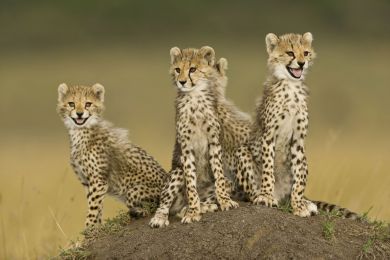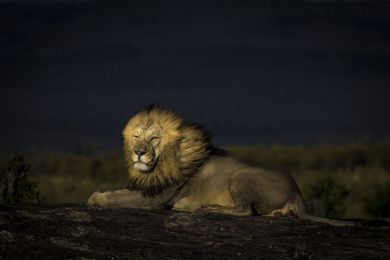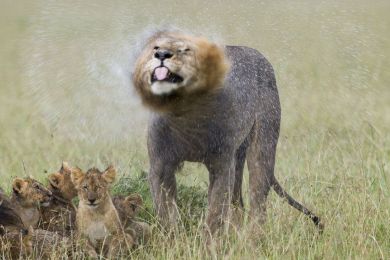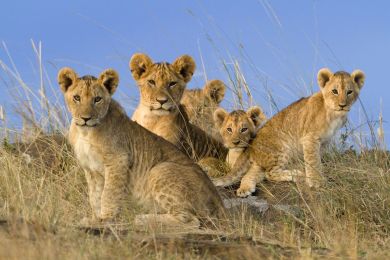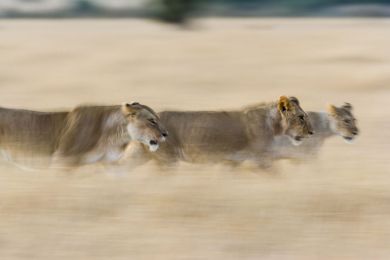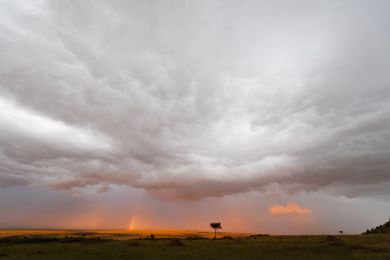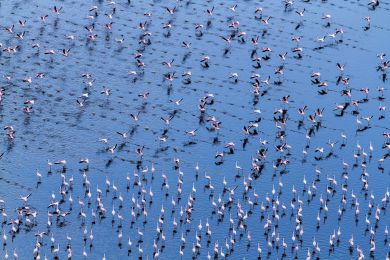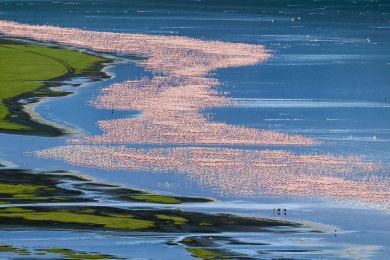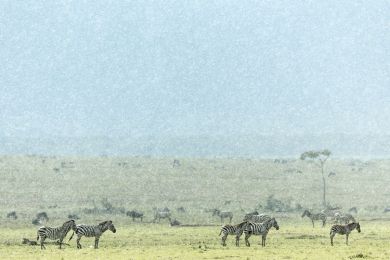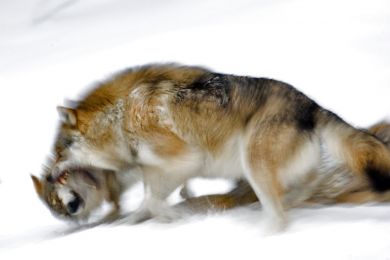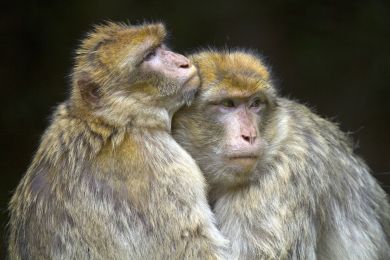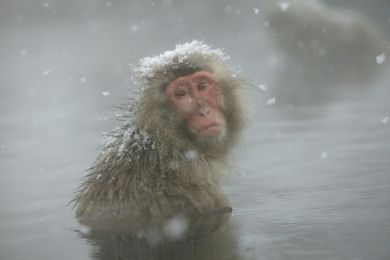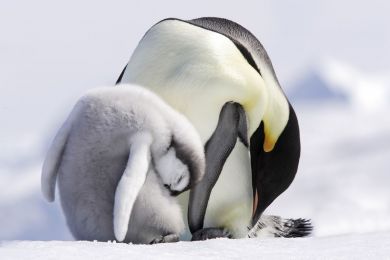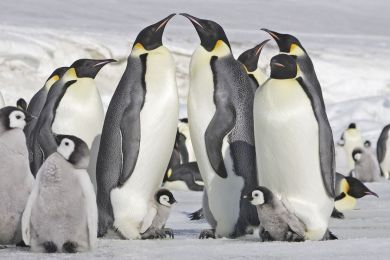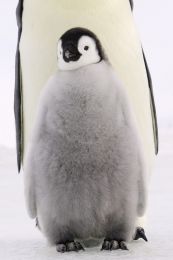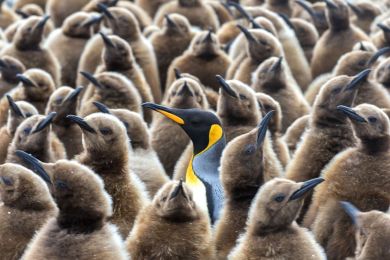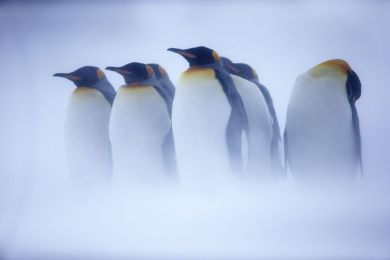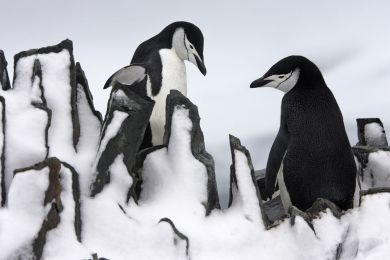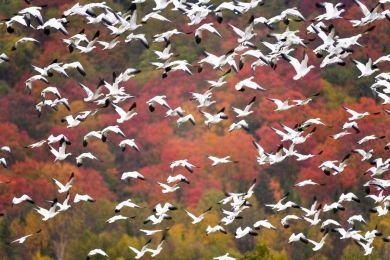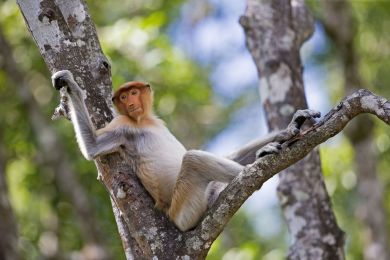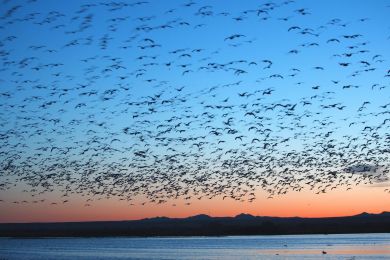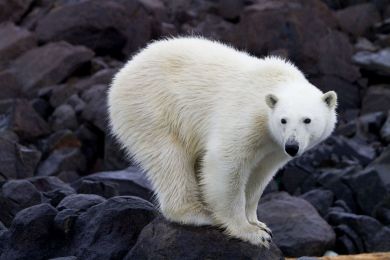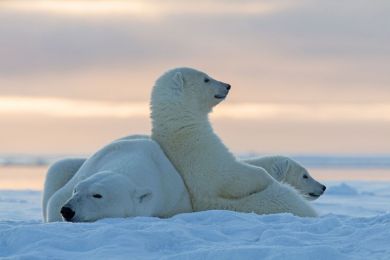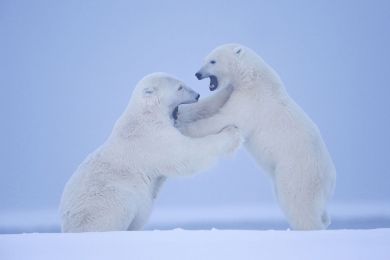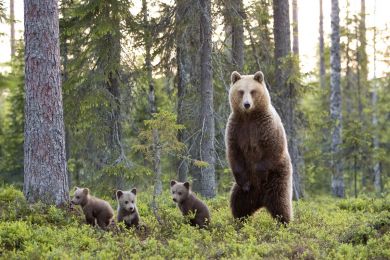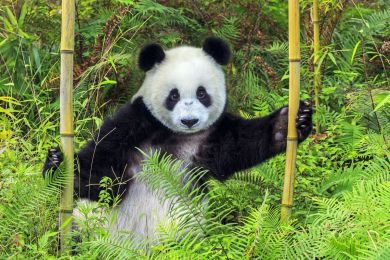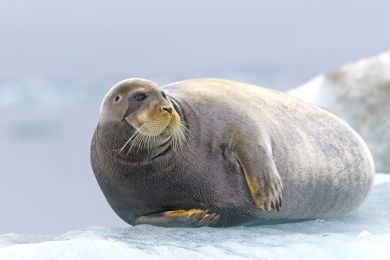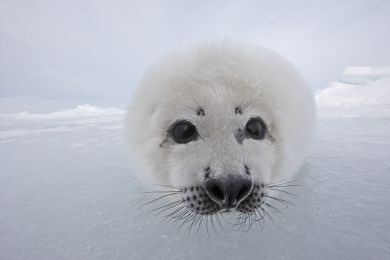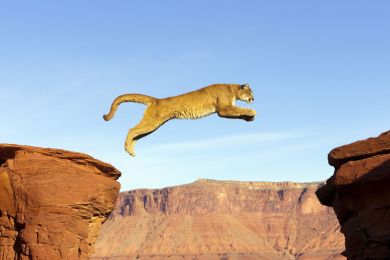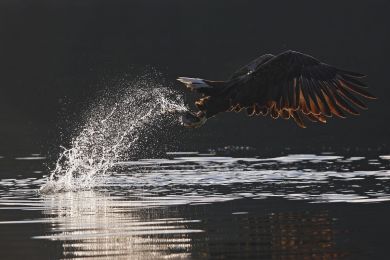By buying this product you can collect up to 178 loyalty points. Your cart will total 178 points that can be converted into a voucher of 35,60 €.
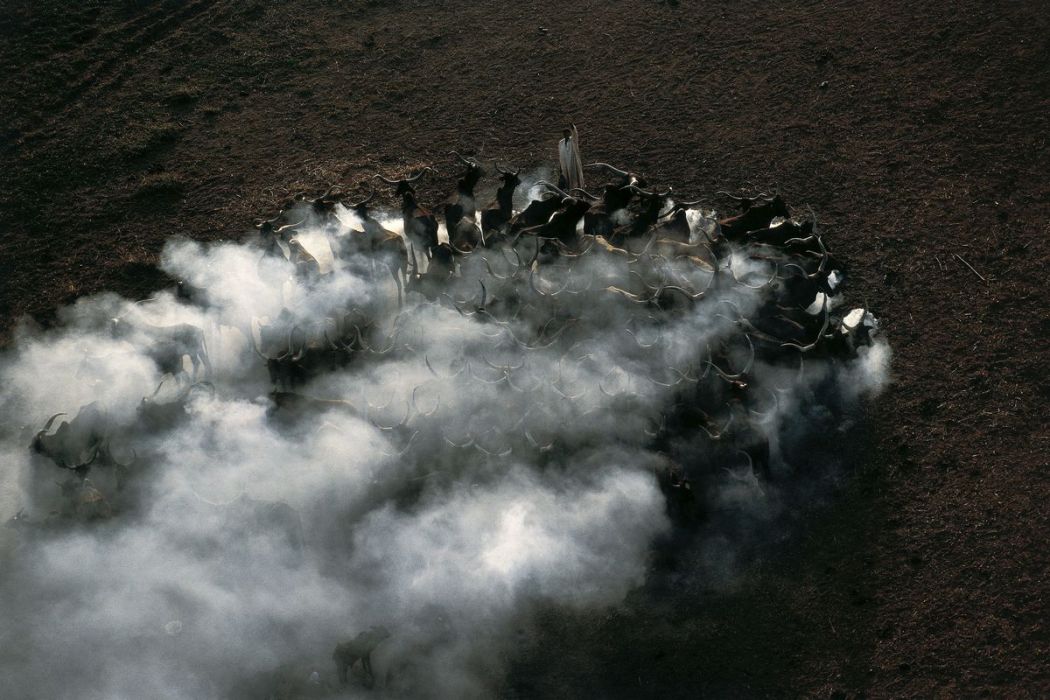 View larger
View larger
Picture information
Nomad encampment, Chad
Yann ARTHUS-BERTRAND
Art Photography by Yann ARTHUS-BERTRAND, nomad encampment and herd, Lake Chad region, Chad. The nomadic herders of the Kanembu, Peul and Fulbe peoples let their livestock graze on Lake Chad’s marshlands and fertile alluvial soils, as do the Buduma, sedentary inhabitants of the lake islands.
Data sheet
| Orientation | Landscape |
| Color | Black |
Nomad encampment, Chad
Yann ARTHUS-BERTRAND
Art Photography by Yann ARTHUS-BERTRAND, nomad encampment and herd, Lake Chad region, Chad. The nomadic herders of the Kanembu, Peul and Fulbe peoples let their livestock graze on Lake Chad’s marshlands and fertile alluvial soils, as do the Buduma, sedentary inhabitants of the lake islands.
Fine Art Photography
Print by Experts
100 % Made In France
A recognized expertise, a search of permanent quality.
Printed by a professional photographic laboratory.
All prints are made to order, controlled by the Technical Director.
A certificate of authenticity is provided with each photograph.
Framework made by selected materials to give you the best results. every step of the processing is monitoring by experts.
Loyalty points
Gift Card
Don't miss the opportunity to do the best present...
The whole Yann Arthus-Bertrand photos available with Hemisgalerie gift card.
Lets your guest choose the best image.
Amount from 50 €, create and download directly on our website, valid for one year including promotions.
The original gift for all events
More info
The nomadic herders of the Kanembu, Peul and Fulbe peoples let their livestock graze on Lake Chad’s marshlands and fertile alluvial soils, as do the Buduma, sedentary inhabitants of the lake islands. At dusk, the herders light fires, as at this encampment on the lake’s northeast shore. The livestock take cover of their own accord amid the thick smoke, avoiding flies and mosquitoes’ stings that infest the region and spread deadly diseases. But there is another threat to the survival of the Kuri breed of cattle, which now number 400.000 heads: the lack of fodder during six months of the year. Endowed with impressive horns, which act as buoyancy aids, the breed is confined to lacustrine grassland in the islands of Lake Chad, and its fate is closely dependent on that of the lake’s waters, which unfortunately have shrunk by 92% over the past forty years, through the combined effects of human interference and climate change. In order to save the lake, Chad, Niger, Nigeria and Cameroon, countries that share its water, plan to divert a tributary of the Congo River but the decision making process is taking a long time.
















































